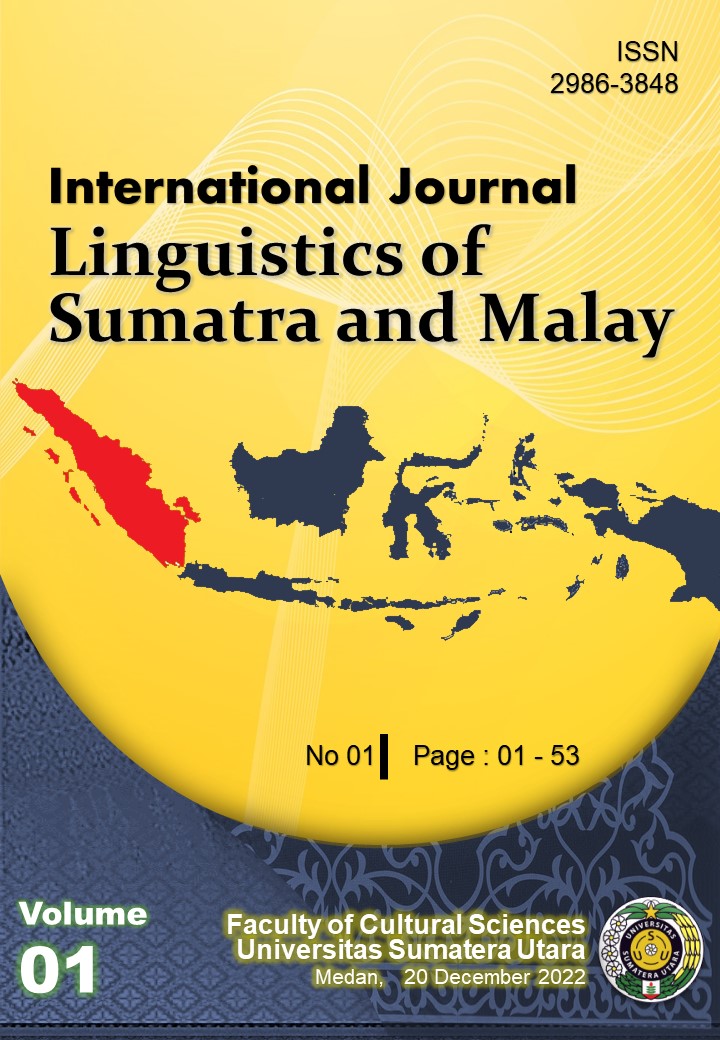Critical Affective Literacies in/for Applied Linguistics
DOI:
https://doi.org/10.32734/ijlsm.v1i1.11659Keywords:
Critical literacy, Affect, Emotion, Duoethnography, Applied linguisticsAbstract
In this paper, the authors propose that attention to affect/emotion be given greater prominence in applied linguistics following a theoretical and pedagogical framework delineated as critical affective literacy (CAL) by Anwaruddin (2016). Following the IICOLA conference theme of emotions in multidisciplinary studies, the authors outline the interdisciplinary influences (e.g., philosophy, memory studies, semiotics/multimodality, citizenship education, etc.) that underpin key CAL principles and their understanding of affect/emotion in applied linguistics. In support, the authors discuss the potency of affect and emotionality of texts by way of duoethnography (Norris & Sawyer, 2012, 2017), a research methodology they have utilized in exploring affective/emotional dimensions of language in educational domains (e.g., English for Academic Purposes and Language Teacher Education) and as part of broader socio-political deliberation (i.e., critical citizenship pedagogies). The authors detail specific features of duoethnographic research methodology (e.g., participant transparency and juxtaposition, epistemological and ideological risk-taking) that contribute to CAL principles and aspirations. The authors also identify several implications of their work for the development of CAL in applied linguistics followed by brief descriptions of curricular and pedagogical innovations where affect/emotion have been integral to the pedagogical and literacy strategies described.
Downloads
Downloads
Published
Issue
Section
License
Copyright (c) 2022 International Journal on Linguistics of Sumatra and Malay

This work is licensed under a Creative Commons Attribution-ShareAlike 4.0 International License.
All articles published in the International Journal Linguistics of Sumatra and Malay (IJLSM) are licensed under the Creative Commons Attribution-ShareAlike 4.0 International License (CC BY-SA 4.0).
This license permits anyone to:
-
Share — copy and redistribute the material in any medium or format.
-
Adapt — remix, transform, and build upon the material for any purpose, even commercially.









